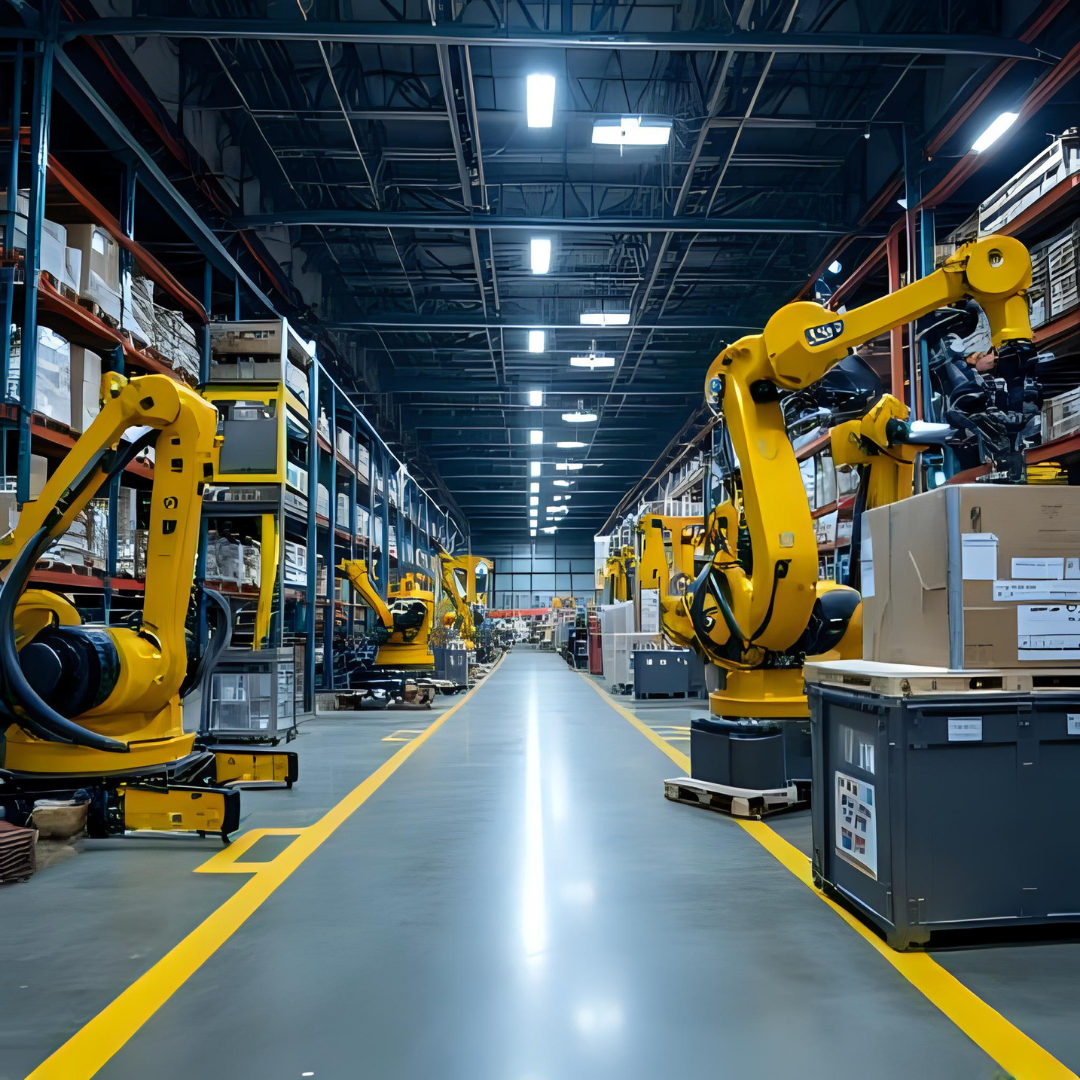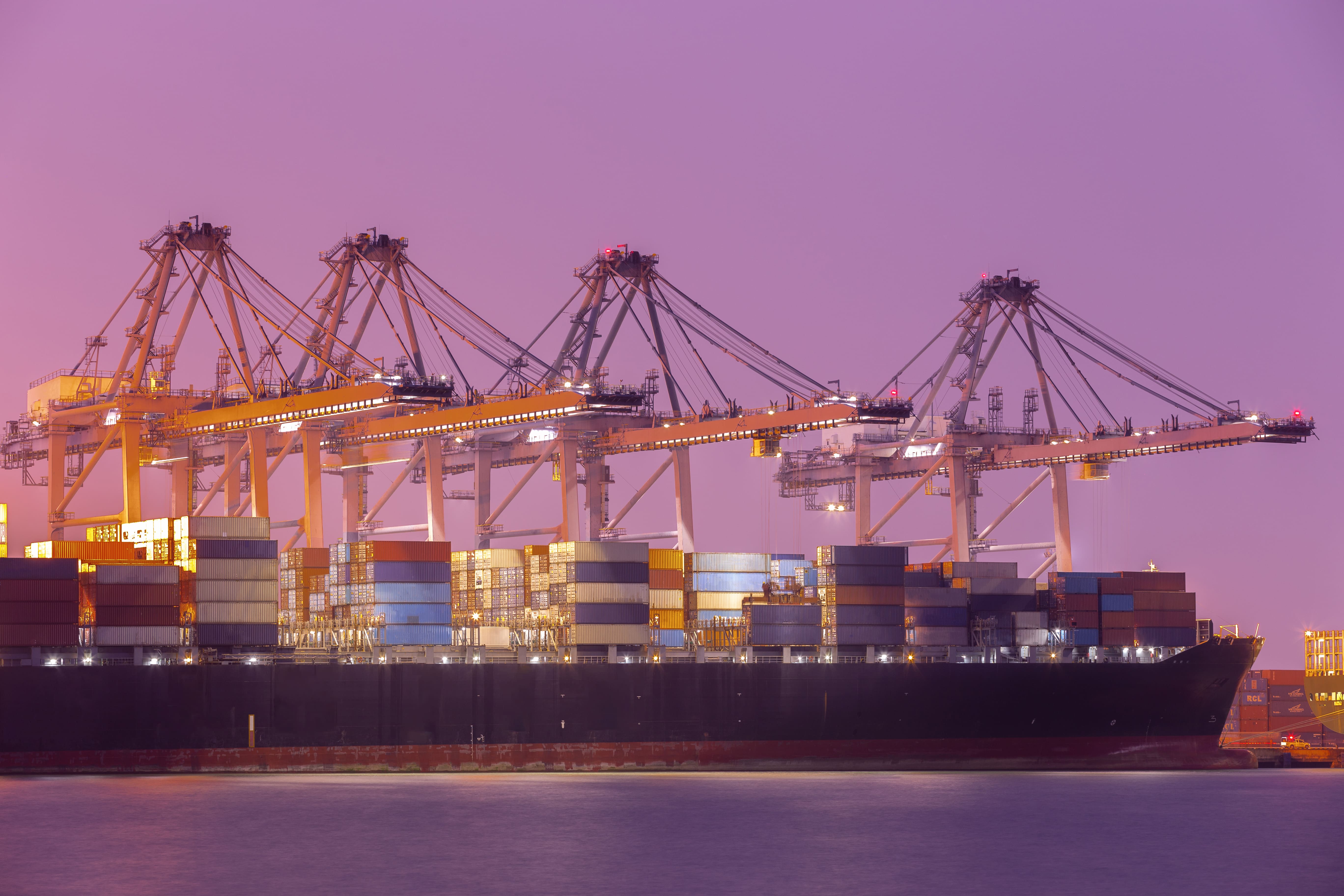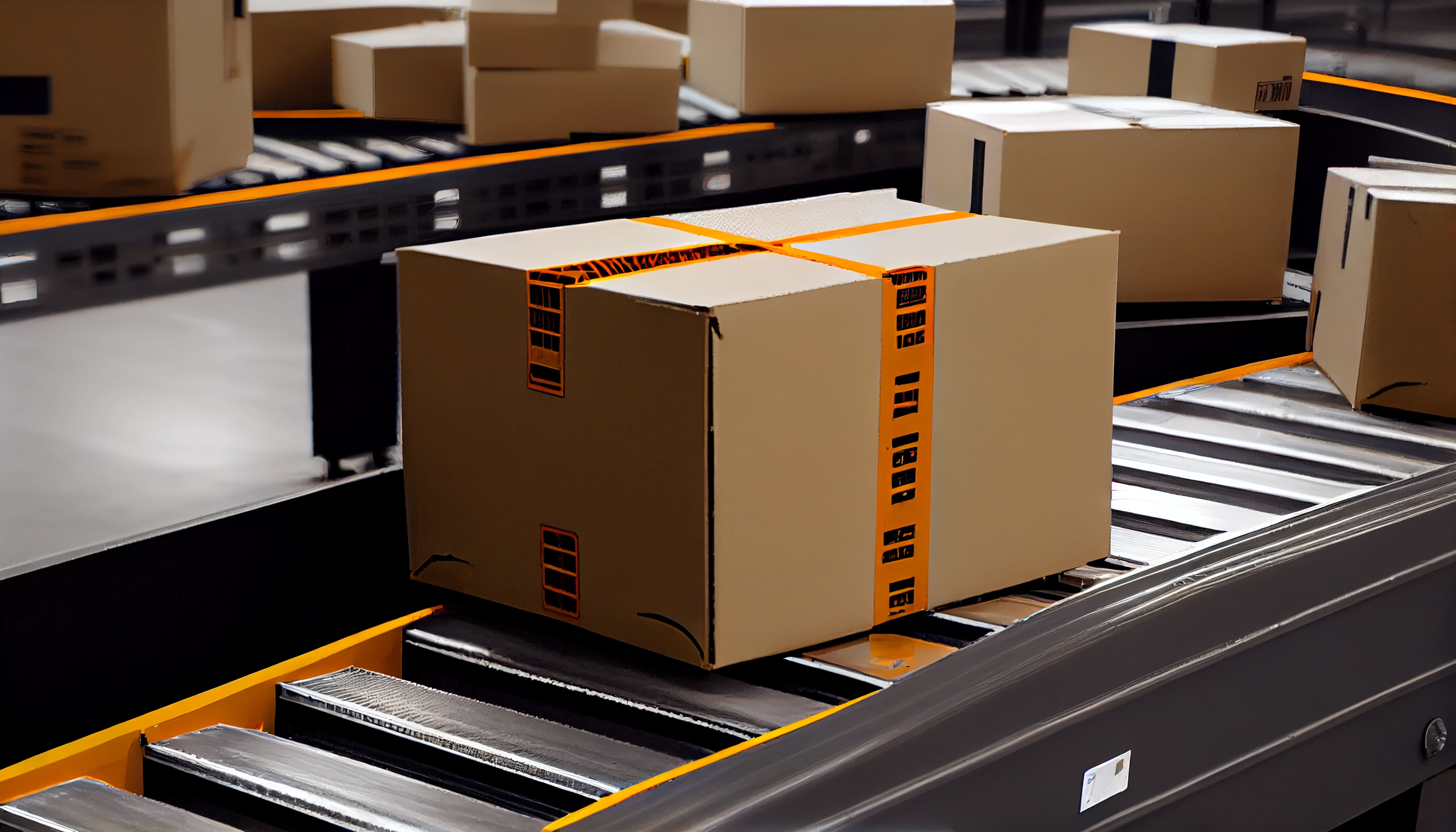The New Generation of Logistics: Industry 4.0 and Digital Transformation in Logistics

In recent years, one of the most significant innovations in logistics has been the application of Industry 4.0. This refers to an era marked by the rapid development of technologies, forming the foundation of digital transformation in logistics. Just like other industries, logistics is increasingly integrating digital technologies such as AI, IoT, robotics, and blockchain. These technologies not only accelerate and optimize processes but also help build more agile, secure, and transparent supply chains.
Digital Transformation and Logistics
Digital transformation in logistics ensures that operations are conducted faster and more accurately. Logistics companies optimize inventory and gain more accurate data to better understand customer demands and take action. In line with Industry 4.0 requirements, highly coordinated automated systems and processes are being implemented. For instance, automated warehouse management systems, robots, and drones reduce manual labor in warehouses, minimizing operational costs.
The Role of AI and IoT in Logistics
Artificial Intelligence (AI) and the Internet of Things (IoT) are considered two of the most significant innovations in logistics. AI provides advanced analytics and predictions based on big data, helping logistics companies make better decisions. For example, tracking vehicles, predicting delays in the supply chain, and intervening accordingly are all possible with AI.
IoT, on the other hand, is used to create connectivity between various devices. For example, sensors placed in containers allow real-time monitoring of product temperature, location changes, and other crucial parameters. This ensures perfect security and transparency in the transportation of sensitive goods, like those in cold chain logistics.
Blockchain in Logistics: Security and Transparency
Blockchain technology ensures the secure and transparent sharing of data in logistics. Once data is written onto the blockchain, it cannot be altered or deleted, which significantly boosts transparency in the logistics industry. Particularly in international trade and supply chains, blockchain offers major advantages by tracking payments, confirming shipment details, and monitoring product movement.
The new generation of logistics is evolving rapidly due to the advancement of technology. With the implementation of Industry 4.0, logistics companies offer smarter, faster, and more agile solutions. The integration of digital technologies into supply chains optimizes operations, increases security, and enhances customer satisfaction. As these technologies continue to be adopted, they will contribute to the further growth of the logistics industry.






